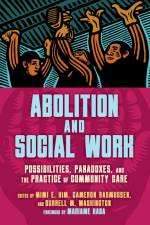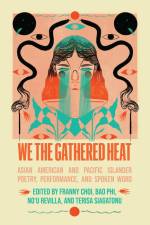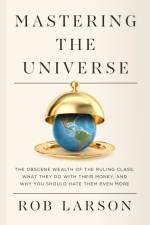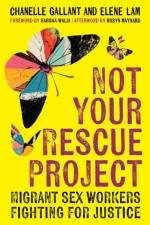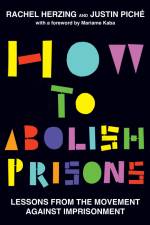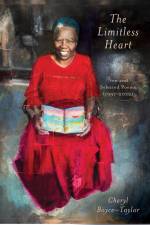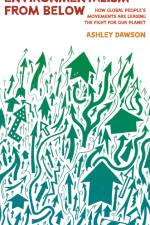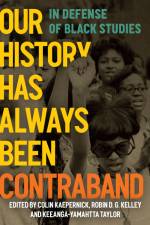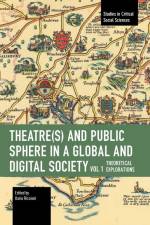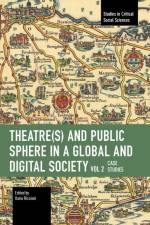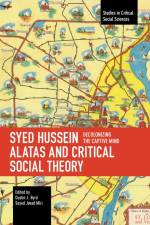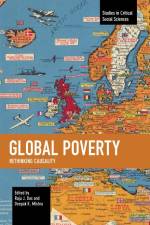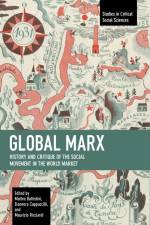av Dustin J Byrd
591
Known for his most famous works, such as The Myth of the Lazy Native (1977) and The Problem of Corruption (1986), as well as his concept of the “captive mind,” Syed Hussein Alatas (1928-2007) made significant contributions to decolonization theory, social theory, and other forms of thought critical of the current neo-colonial and neoliberal world. Although Edward Said acknowledged his debt to Syed Hussein Alatas’ work, especially its influence on Orientalism, his most well known book, Alatas’ work has long been overlooked by Eurocentric Western academia. Spurred by the commitment to celebrate and develop Syed Hussein Alatas’ work, this edited volume attempts to demonstrate its relevance to numerous academic fields, and the potential for his thought to be transformative in the international socio-political realm. Twenty authors from various disciplines and countries have contributed, in the hopes of bringing his work to the forefront of social and political theory. Contributors are: Mona Abaza, Joseph Alagha, Masturah Alatas, Sharifah Munirah Alatas, Syed Farid Alatas, Syed Imad Alatas, Hira Amin, Dustin J. Byrd, Zawawi Ibrahim, N. Jayaram, Teo Lee Ken, Habibul Haque Khondker, Victor T. King, João Marcelo E. Maia, Seyed Javad Miri, Carimo Mohomed, Chandra Muzaffar, Norshahril Saat, Mostafa Soueid, and Esmaeil Zeiny.





